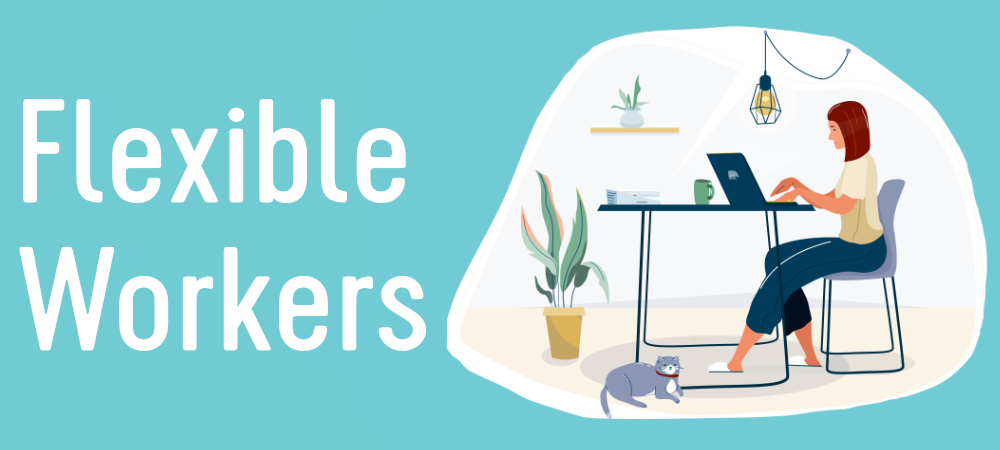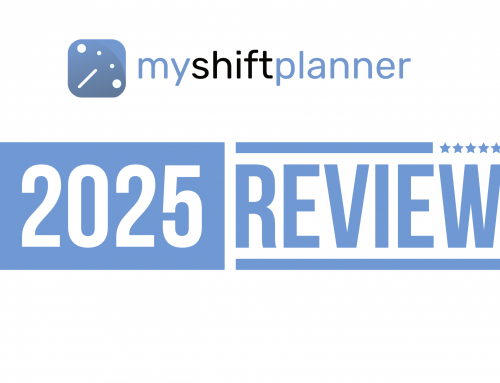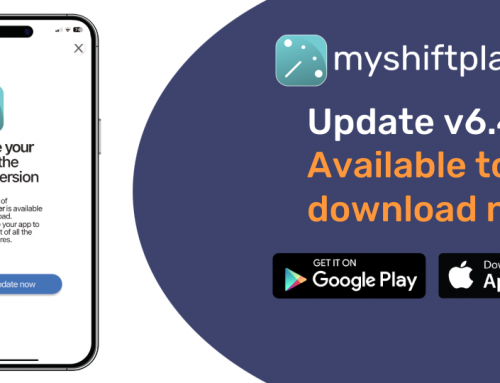Working from home looks set to be a part of many people’s lives for some time to come.
Hybrid/Flexible Working
Although some people are heading back to work with Hybrid Rotas in September, it’s likely that many will remain working at home until next year.
Large organisations are planning to keep workers at home for the foreseeable future. Last month, RBS announced that almost 50,000 workers will not go back into the office until 2021
If you are being asked to continue working from home, there are some questions that need to be answered.
Working Equipment
Most people need a computer of some kind to work from home. But, not all employers will agree to cover the cost. Many workers have found that they end up buying their own equipment to set up their home office.
It’s important to talk to your employer before making any decision. If your company has an IT department, it should either supply or advise you on which equipment and software to use.
Risk Assessments
Employers still have a duty of care. Which means that they should carry out risk assessments to make sure workers use the correct work equipment. If someone gets injured because the employer has not done a risk assessment, then fault goes back to the employer.
Employee Rights Remain the Same
Whether you’re working in or out of the office, employers have the same obligations. So, for example, if an employee is pregnant, the rules still apply as they would in any workplace.
Likewise, Annual Leave entitlements also remain the same.
Tax
HMRC has stated that some of the cost of working from home may be eligible for tax relief. This includes business phone calls or the gas and electricity for your work area. More information can be found about this on the HMRC Website.
Childcare
Working at home with children is no easy task. Parents have found that the working day is less coherent, with many interruptions. The prospect of children returning to schools will be a relief for many.
But legally, you can take time off to look after any dependants. This is typically unpaid. It is really intended to cover short-term emergencies. But it’s important for employees to be as flexible as possible to allow workers to manage their work and home lives.
Insurance Implications
It was reported recently, that employees now working from home will continue to be insured under their home policies. However, this may change in the future.
Office workers working from home as a result of Covid-19 pandemic are insured under the standard home insurance. But, according to the Association of British Insurers (ABI) this is to be reviewed on 1 September.
The ABI says: “If you are able to return to work, but are choosing to work from home more often, then you may need to inform your insurer. Check your policy documents or insurer’s website, and if you are still unsure, check with your insurer.”
Do You Want to Go Back?
It is very likely that many workers will be reticent to return to the office place. Apart from dealing with the stress of commuting, there is the risk contracting coronavirus whilst at work.
According to The Law Society, before coronavirus, employees would have had to return to work. But now they are entitled to ask questions about what safeguards are in place.
The Government’s plans to get employees back to work, mean that businesses have a duty to have a risk assessment. The Law Society states: “If you’re unsure whether the workplace is safe, ask your employer to explain the measures they’re implementing to bring the risks down to an acceptable level.”
Easier Working at Home?
One thing that has really amazed many employers over the last few months is how much more productive employees are … when they aren’t spending hours commuting or in meetings, taking long lunches or catching up with the latest gossip at the coffee machine!
Whilst it may be easier at home, the bad news is that you have to set and stick to office routines, meaning that you still need to turn up on time, take regular meal breaks and keep to a reasonable sleep schedule.
The good thing about working from home is that it can be linked to your natural Chronotype. Everyone has a natural leaning to be either an early bird or a night owl. Where you can work flexibility, you can pick your working time appropriately.
Just as long as you still get dressed for work. No one wants to see you on Zoom in your dressing gown!
Manage Your Time
Working a hybrid or flexible rota requires planning. MyShiftPlanner is a great tool for managing time and seeing exactly where you should be. Check out our blog on how to set up MyShiftPlanner as a hybrid work tool.






